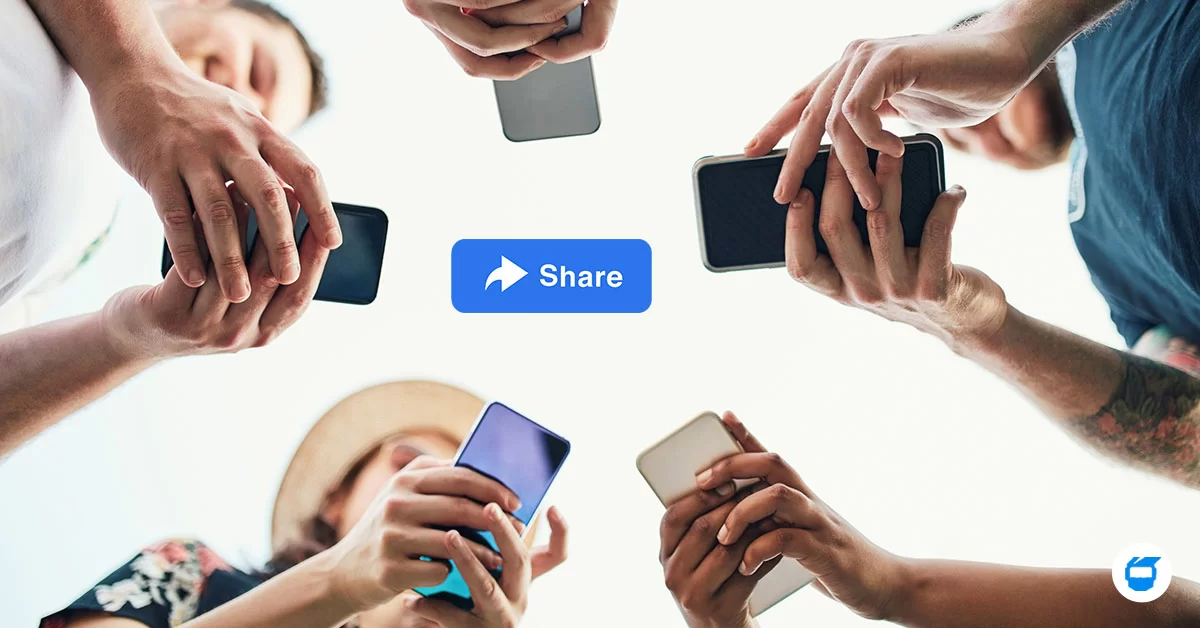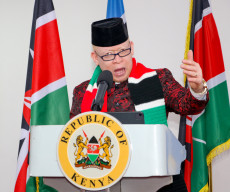- Privacy was tied to personal boundaries and guarded intimacy. However, with the rise of digital technology, we’re seeing a profound shift. Smartphones and social media have changed the game, offering a platform where our lives are constantly displayed.
In the digital era, privacy has transformed from a simple concept to a complex issue constantly evolving. While previous generations saw privacy as a natural right, today’s young people, particularly Generation Z, navigate an online world where sharing personal details is often a given. Platforms like TikTok, Instagram, and Telegram have revolutionized how we connect, express ourselves, and even showcase parts of our lives that were once hidden. For some, it raises an unsettling question: is privacy dead?
Privacy was tied to personal boundaries and guarded intimacy. However, with the rise of digital technology, we’re seeing a profound shift. Smartphones and social media have changed the game, offering a platform where our lives are constantly displayed.
This “always-on” environment has brought privacy into a new light, often framing it as less of a right and more of a public asset, something to be given and taken away depending on the latest trend.
For Gen Z, who grew up with smartphones and social platforms, social media is more than a tool. It's part of their identity. Platforms like TikTok, Instagram, and Telegram are not only outlets for creativity and communication but are often the primary means by which they socialize. Here, users share everything, from everyday thoughts to personal milestones, private conversations, and their location.
While sharing openly allows them to feel connected and accepted by their online community, it also fosters an environment where oversharing is the norm.
Read More
There is a growing culture of “post everything” among Gen Z, sometimes including personal and intimate content. Whether it’s relationship updates, unfiltered emotions, or occasionally provocative content, many young people face pressure to maintain a current and eye-catching online presence.
Moreover, the societal shift toward self-expression means that even provocative clothing or behaviors have become normalized online and offline, from social events to everyday life.
The erosion of privacy for Gen Z brings significant consequences. Some are short-lived, others long-term. Psychologically, the pressures of maintaining a public persona on social media can lead to heightened anxiety, the need for validation, and even a loss of self-identity. The distinction between the “online self” and the “true self” can blur, making some feel as if they’re living for the camera rather than themselves.
In terms of a digital footprint, the effects of oversharing can linger well beyond adolescence. Future employers, university admissions teams, and even potential relationships may have access to information shared years ago, affecting an individual’s opportunities or reputation. And with oversharing comes heightened risk: cyberbullying, identity theft, doxing, hacking, and unwanted surveillance are all genuine threats in a world where personal information is readily available online.
The question remains: has privacy truly been lost, or has it simply been redefined? While many Gen Zs embrace this new form of openness, others actively work to protect their personal information. They’re more tech-savvy than previous generations and understand privacy risks in ways older generations might not.
Some Generation Z users even take steps to limit their digital exposure, like using strict privacy settings, being mindful of what they post, or choosing anonymous platforms to maintain a sense of personal security.
Interestingly, some believe that the “oversharing” trend has its benefits, too. Open conversations about mental health, diverse identities, and challenging experiences allow people to connect more deeply and bring awareness to important issues. For some, the transparency associated with oversharing isn’t a breach of privacy but rather an act of authenticity and community-building.
As our digital landscape continues to expand, it’s essential for everyone, especially Gen Z, to consider ways to protect their privacy. One solution lies in education on digital literacy. Schools and families can teach young people about the risks associated with oversharing and the importance of maintaining personal boundaries online.
Another way to safeguard privacy is using platform settings that allow better control of who can access personal information. Social media platforms often offer privacy tools that, if properly used, can provide some degree of protection. Additionally, Gen Zs might consider alternative methods of expression that don’t require personal exposure, such as closed-group sharing, anonymous forums, or even creative outlets offline.
In a world where social media is a window into one’s life, privacy may feel elusive, but it’s not entirely lost. Generation Z has the tools to navigate this landscape with a balanced approach to sharing. By thinking critically about what they post and taking proactive steps to safeguard their digital footprint, they can help redefine privacy in the 21st century.
Privacy, ultimately, is more than just a personal choice. It's a societal value. As individuals and a society, we must strive to protect it, recognizing its worth even in an age that often seems to undermine it. For Gen Z and beyond, privacy may not be dead, but it does demand careful thought and active preservation.










